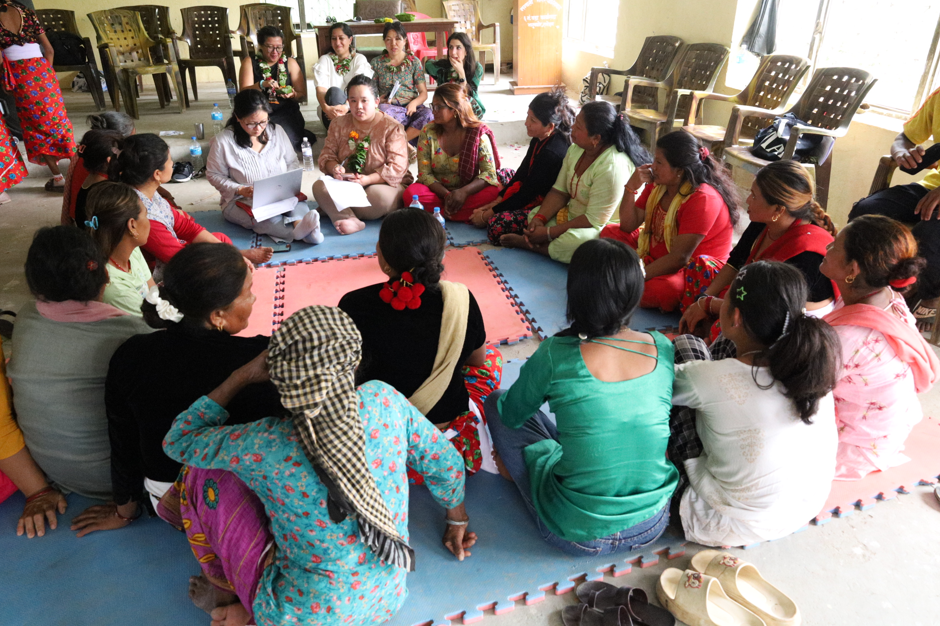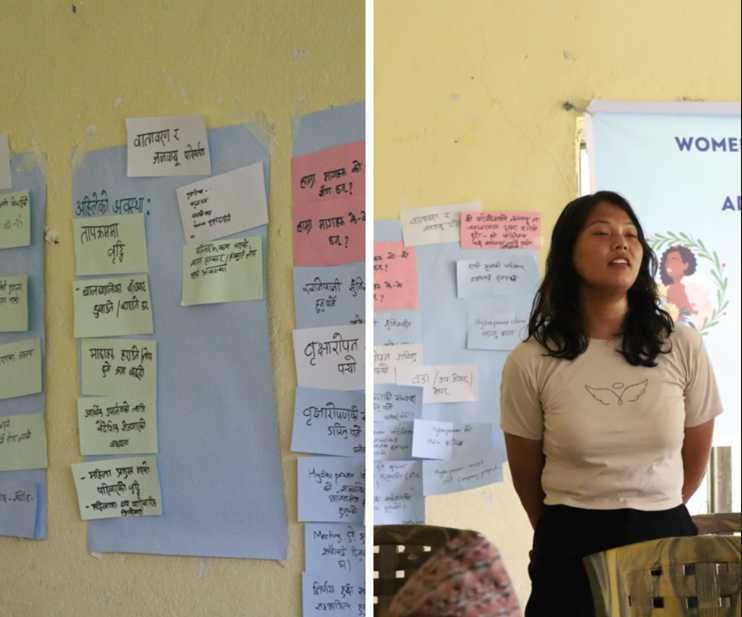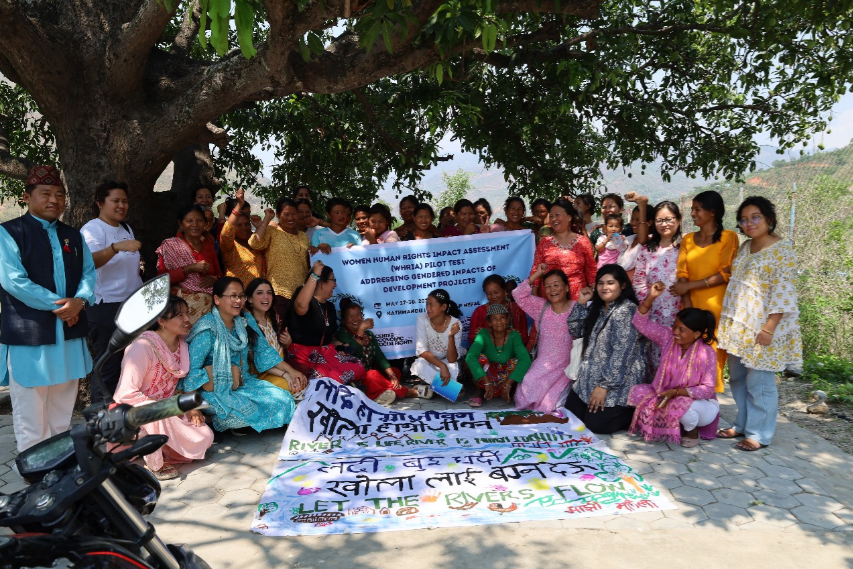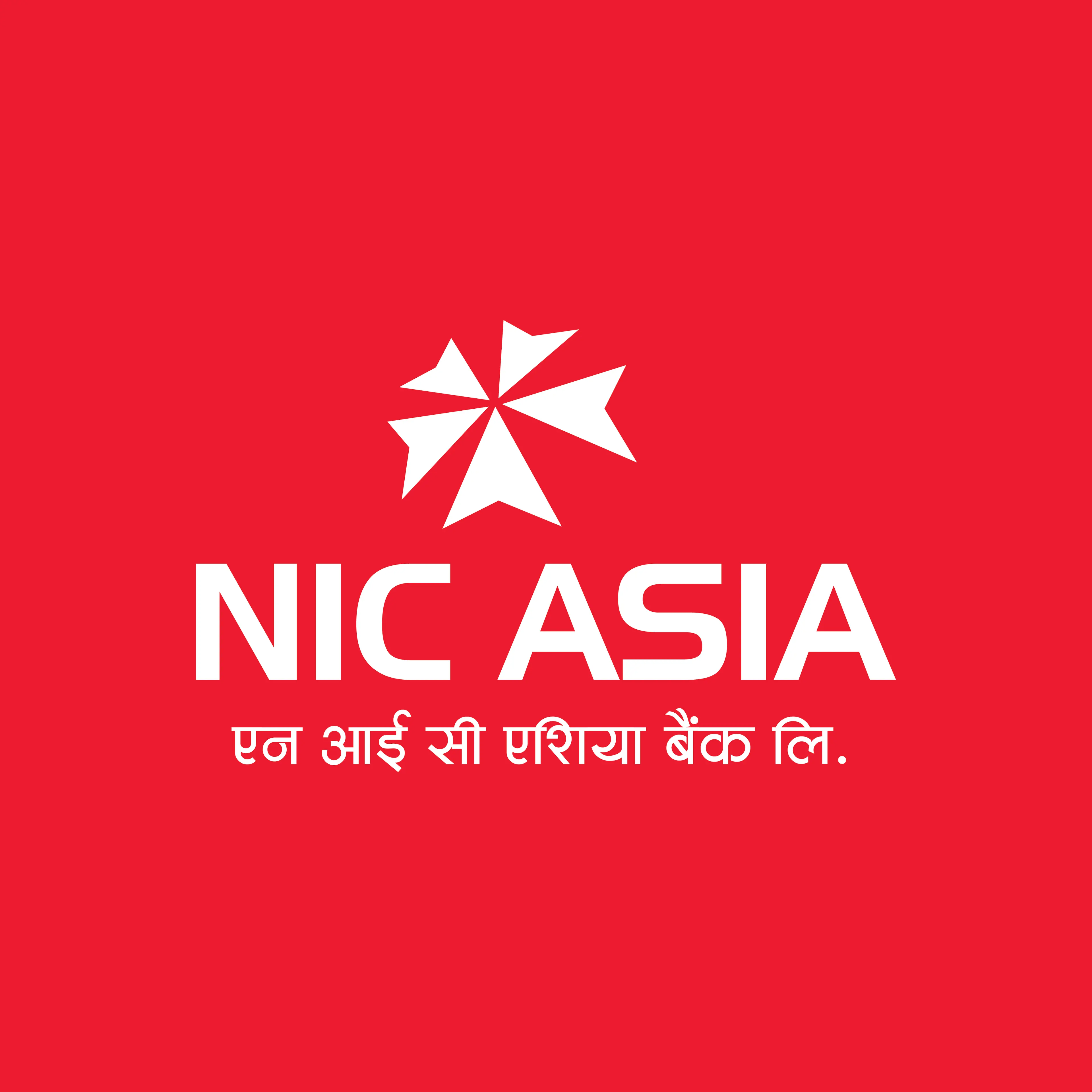Women Human Rights Impact Assessment (WHRIA) Pilot Test: Addressing Gendered Impacts of Development Projects
2024-05-28
In 2018-2020, National Indigenous Women Forum (NIWF), conducted the Feminist Participatory Action Research (FPAR) that revealed the gendered impacts of the Sunkoshi-II Hydropower Dam that the Mahji Indigenous Community was facing. Along the course of the participatory study, it was determined that the Indigenous Women in the target site for the development project are unaware of the construction that will threaten their human rights, lives and livelihood including those of the others in the Communities. Currently, not much is known about the status of the Sunkoshi-II and Sunkoshi-III projects. Public hearings and consultations have supposedly been announced where various groups and sectors were encouraged to participate and chime in with regards to the possible impact of the development project. However, with the lack of diverse sources for news or updates on the hydropower dam, the development projects appear to remain shrouded in secrecy and lack of transparency.
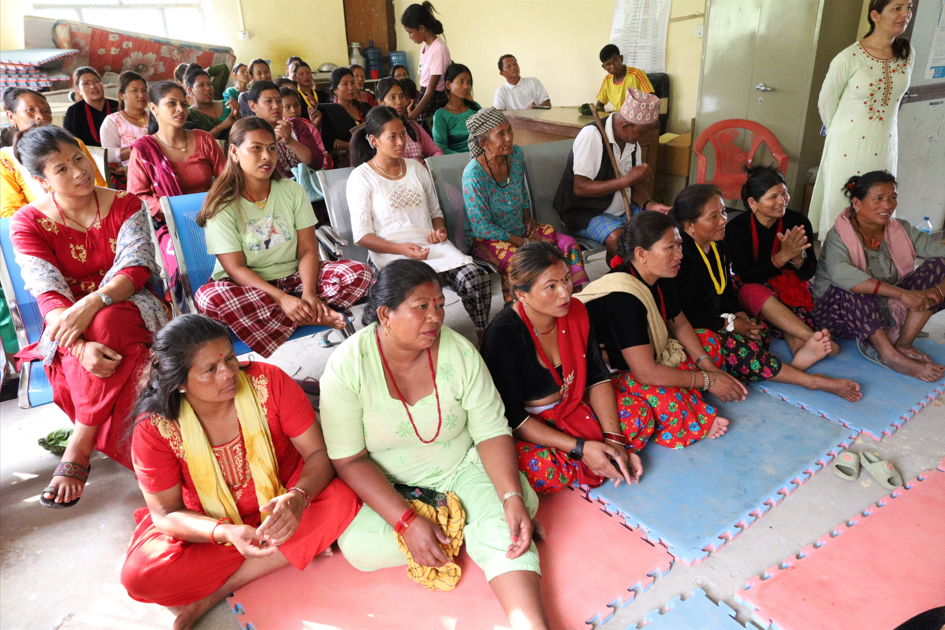
Protecting the rights of the Indigenous Women and Communities against these threats entail strengthening their capacity to analyze and discern the possible impacts of these development projects. It also entails exercising their rights to information, participation and self-determination, thus the close understanding and application of FPIC is a must among the affected communities. From 28 to 29 May 2024, Asia Pacific Forum on Women, Law and Development (APWLD), together with the Center for Economic and Social Rights (CESR) and National Indigenous Women Forum (NIWF) conducted the Women Human Rights Impact Assessment (WHRIA). The impact assessment was conducted in the Majhi Communities in Manthali to determine the status of the hydropower dam project and assess the human rights situation of the Indigenous Women, particularly in exercising their right for participation, access to information and self-determination. The groups also looked at the potential impacts of the development project that threatens the very existence of the Mahji people and endangers their culture and lives. WHRIA aims to serve as a tool for grassroots women’s organisations in their advocacy against development projects that can harm their lives and livelihoods. Through community visits, dialogues, and media actions, the pilot test aimed to gather vital information, document community narratives, identify human rights violations, and chart pathways for advocacy and action.
